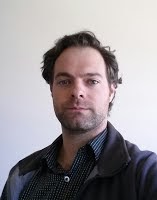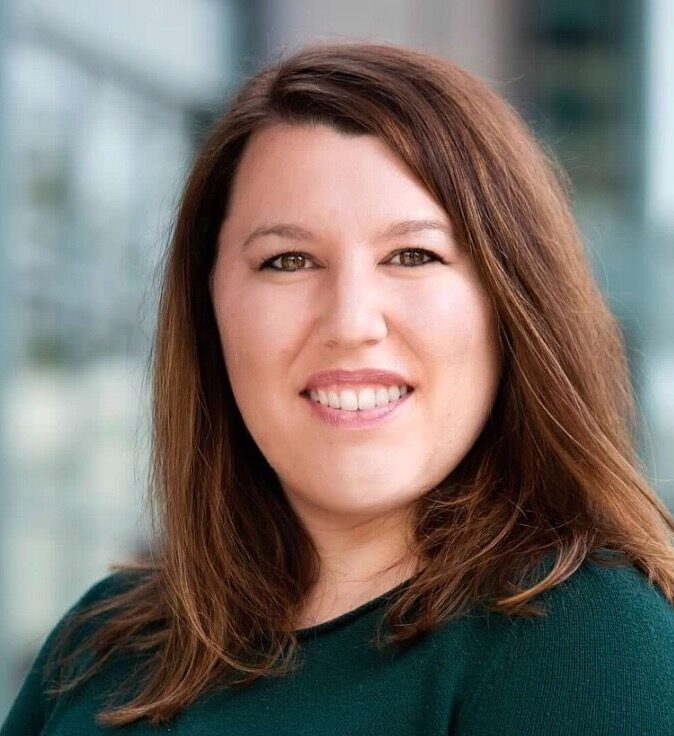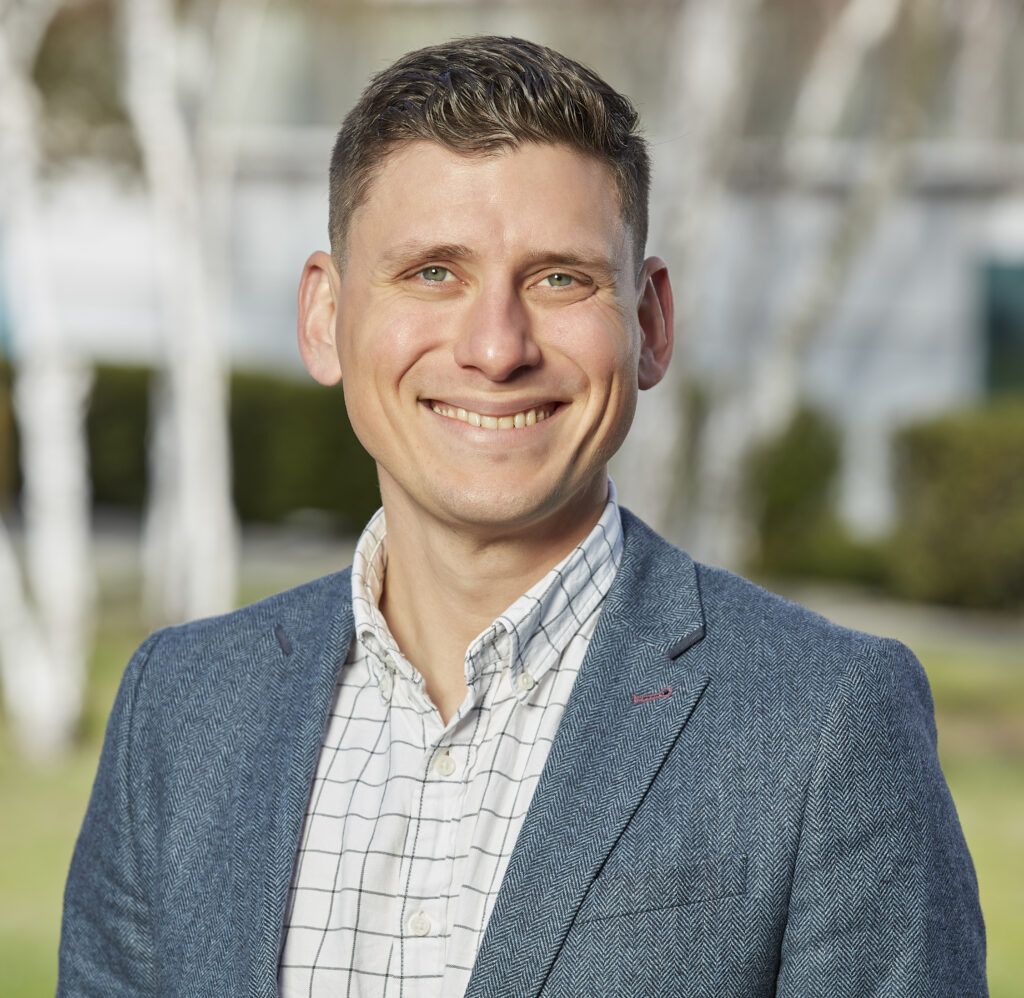Archive for January 2024
The Applied Nuclear Physics Program at Lawrence Berkeley Lab: Advancing Radiation Detection Techniques through Coupling with Computer and Robotics Technologies
SPEAKER: Dr. Brian Quiter Staff Applied Physicist/Engineer and Deputy Program Head of the Applied Nuclear Physics Program DATE/TIME: MON, 01/29/2024 – 3:00PM TO 4:00PM LOCATION: 3105 ETCHEVERRY HALL Abstract: Researchers in the Applied Nuclear Physics (ANP) program at Lawrence Berkeley National Laboratory have focused on developing new radiation detectors and radiation detection methods to solve…
Read MoreNew Staff Announcement: Amanda Gill
New Staff Announcement: Amanda Gill January 26, 2024 The UC Berkeley Nuclear Engineering Department is excited to announce our new Student Services Advisor Amanda Gill. For the past seven years, Amanda has served as the Associate Director for the Evening & Weekend MBA Program at the Haas School of Business. There, Amanda excelled in areas…
Read MoreConstrained Bayesian Optimization of Experiments
SPEAKER: Daniel Siefman Assistant Professor DATE/TIME: MON, 01/22/2024 – 3:00PM TO 4:00PM LOCATION: 3105 ETCHEVERRY HALL Abstract: Engineering and research projects often involve optimizing a variable with respect to input parameters while respecting a constraint. For example, this might be optimizing the power production of a reactor by changing fuel parameters while maintaining a power…
Read MoreSpring 2024 Colloquium
Spring 2024 Colloquium Archive
Read MoreNew Faculty Announcement: Daniel Siefman
The UC Berkeley Nuclear Engineering Department is pleased to announce new assistant professor Daniel Siefman. His research interests include critical and subcritical experiments and methods, nuclear data validation and adjustment, computational methods in radiation transport, neutron noise, reactor dosimetry, design optimization and safety analysis of nuclear reactors with machine learning, and nuclear power plant decommissioning. …
Read More

